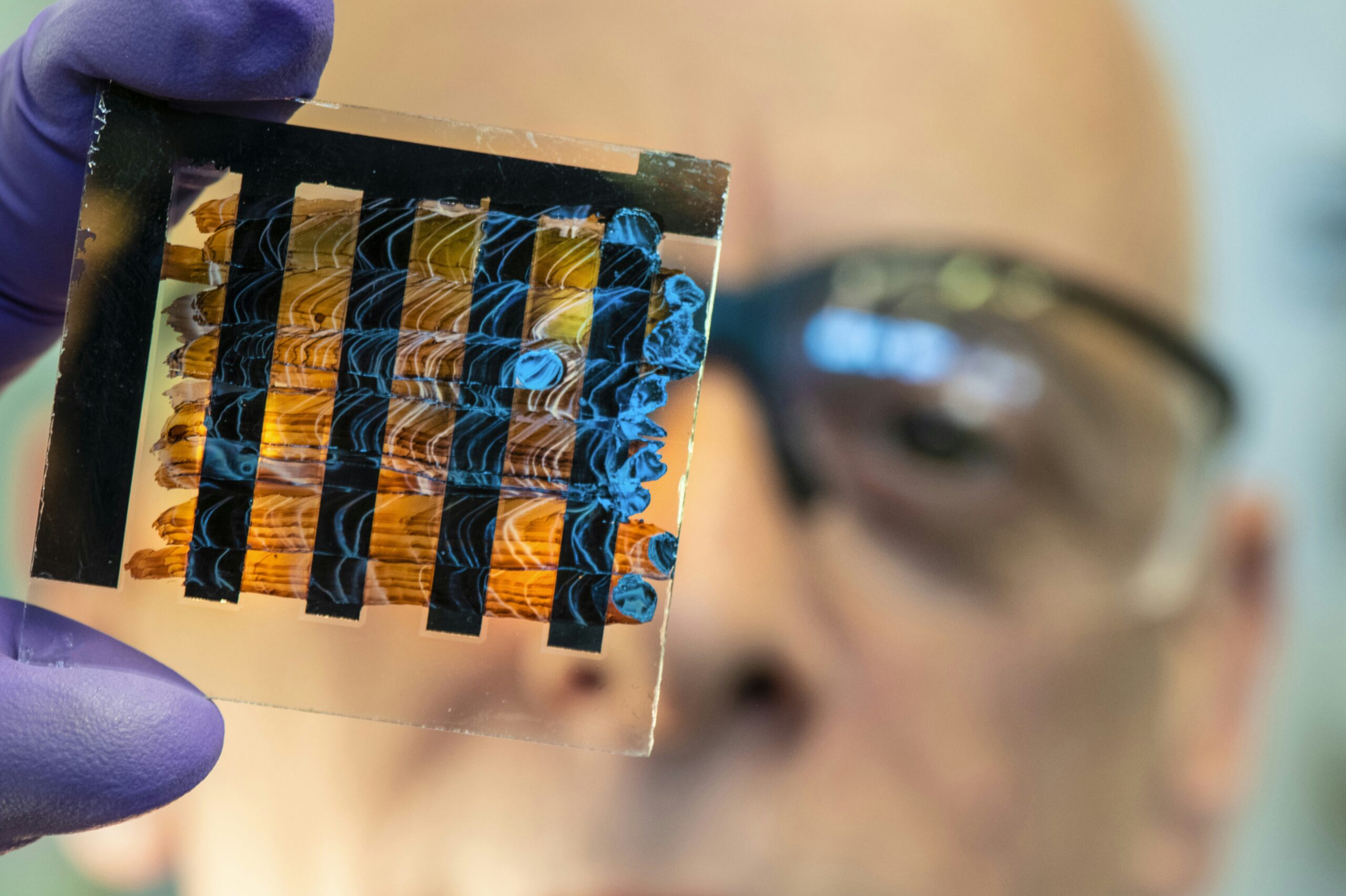
A groundbreaking international study led by Mayo Clinic researchers has uncovered a genetic factor that may explain why some colorectal cancer patients with liver metastases experience severe liver damage following chemotherapy. This discovery could revolutionize treatment strategies and improve patient outcomes.
For patients battling colorectal liver metastases, surgery remains the best hope for long-term survival. To enhance surgical success, many patients undergo chemotherapy to shrink tumors, making them easier to remove. However, this approach can sometimes result in liver injury, a side effect that has puzzled medical professionals until now.
“This is the first study to clearly show that a genetic predisposition plays a significant role in how the liver tolerates chemotherapy,” explained Patrick Starlinger, M.D., Ph.D., a hepatobiliary and pancreas surgeon at the Mayo Clinic Comprehensive Cancer Center and the study’s senior author. The research, published in The Lancet eBioMedicine, provides new insights into the genetic underpinnings of chemotherapy-associated liver injury.
Unveiling the Genetic Link
The study analyzed data from 551 patients who underwent chemotherapy followed by surgery to remove tumors. Researchers examined liver health tests to assess the impact of chemotherapy on liver function and explored genetic markers previously associated with liver disease in other contexts.
The findings revealed a significant association between a variant in the PNPLA3 gene, known to influence fat metabolism in the liver, and liver injury post-chemotherapy. Patients possessing two copies of this variant were particularly susceptible, with all showing signs of substantial liver damage.
Global Variation in Genetic Predisposition
Dr. Starlinger noted that the PNPLA3 variant is prevalent worldwide, but its frequency varies across populations. For instance, the mutation is present in over 41% of the Japanese population, more than 71% among individuals of Peruvian descent, yet fewer than 10% in some European groups.
This genetic variation may elucidate why previous international studies have reported inconsistent results regarding the efficacy of chemotherapy before and after surgery in treating colorectal liver metastases. The prevalence of the variant in certain ethnic groups, such as those of Asian or Latin American descent, could be a contributing factor.
Personalized Treatment: A New Frontier
The study’s findings suggest that a blood test to detect the PNPLA3 variant, coupled with regular liver health monitoring, could help identify patients at heightened risk for chemotherapy-induced liver damage. This approach could enable healthcare providers to tailor treatment plans, optimizing benefits while minimizing risks.
“These findings offer us insight into how we can adjust treatment strategies to best manage the care for patients diagnosed with colorectal liver metastases, while potentially avoiding a negative side effect of chemotherapy,” Dr. Starlinger emphasized. “Chemotherapy may still be an appropriate treatment option, and with this information, we can personalize treatment for each patient—for example, tailoring chemotherapy or allowing more time for the liver to recover before surgery.”
Implications and Future Directions
The discovery of the genetic link to liver injury post-chemotherapy marks a significant advancement in personalized medicine. By incorporating genetic testing into routine clinical practice, doctors can better predict patient responses to chemotherapy and adjust treatment protocols accordingly.
As the medical community continues to explore the genetic basis of chemotherapy side effects, further research could lead to the development of new therapeutic strategies that mitigate liver injury risks. This study paves the way for future investigations into other genetic factors that might influence chemotherapy outcomes, ultimately enhancing the quality of care for cancer patients worldwide.
In conclusion, this study not only sheds light on the genetic factors influencing liver injury after chemotherapy but also underscores the importance of personalized medicine in oncology. As researchers delve deeper into the genetic intricacies of cancer treatment, patients stand to benefit from more effective and tailored therapeutic approaches.





